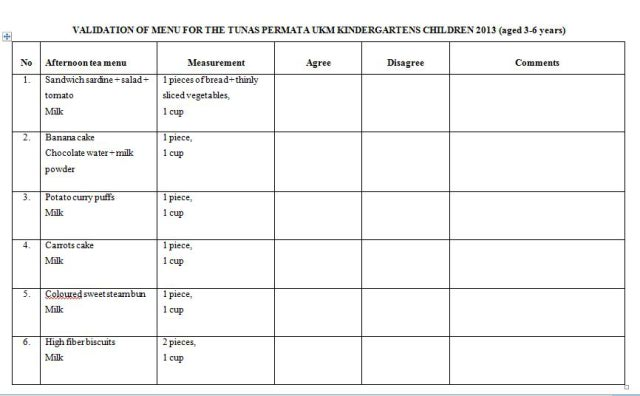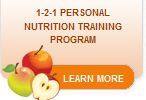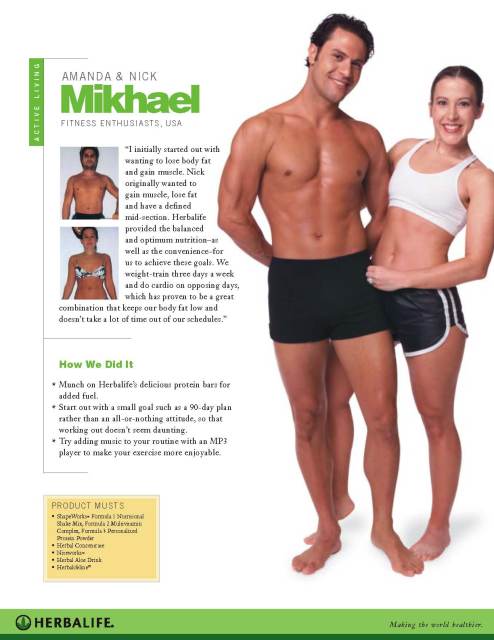High Cholesterol Foods: What to Eat and What to Avoid
* Saturated fat: Found in red meat, pork, poultry with skin, full-fat dairy products, palm oil, and coconut oil.
* Trans fat: Found in processed foods, such as margarine, shortening, crackers, cookies, and cakes.
* Cholesterol: Found in red meat, pork, poultry with skin, eggs, and full-fat dairy products.
* Sodium: Found in processed foods, such as canned soups, frozen dinners, and salty snacks.
Foods to Eat
* Fruits and vegetables: Fruits and vegetables are low in calories, fat, and sodium, and they are a good source of fiber, vitamins, and minerals.
* Whole grains: Whole grains are a good source of fiber, which can help lower cholesterol levels.
* Lean protein: Lean protein, such as fish, chicken without skin, and beans, is a good way to get protein without consuming a lot of saturated fat.
* Healthy fats: Healthy fats, such as olive oil, avocado, and nuts, can help lower cholesterol levels.
* Low-fat dairy products: Low-fat dairy products, such as skim milk, yogurt, and cheese, are a good source of calcium and protein without adding a lot of saturated fat to your diet.
Tips for Eating a Heart-Healthy Diet
* Start your day with a healthy breakfast. Eating a healthy breakfast can help you feel full and satisfied throughout the day, which can help you avoid overeating later. Some healthy breakfast options include oatmeal, whole-grain toast with peanut butter, or a fruit smoothie.
* Make half of your plate fruits and vegetables at every meal. Fruits and vegetables are low in calories, fat, and sodium, and they are a good source of fiber, vitamins, and minerals.
* Choose lean protein and healthy fats. Lean protein and healthy fats can help you feel full and satisfied, and they can also help lower cholesterol levels.
* Limit added sugars. Added sugars can add empty calories to your diet and contribute to weight gain. Limit added sugars to no more than 6 teaspoons per day for women and 9 teaspoons per day for men.
* Choose whole grains over refined grains. Whole grains are a good source of fiber, which can help lower cholesterol levels.
* Limit sodium intake. Too much sodium can raise blood pressure. Limit your sodium intake to no more than 2,300 milligrams per day.
* Drink plenty of water. Water is essential for good health. Drinking plenty of water can help you maintain a healthy weight, lower cholesterol levels, and reduce your risk of heart disease.
-
lunch
QuestionIm a middle school student and very rarely do I eat lunch
-
cholesterol in shell fish
Questiondear sir, i have cholesterol and my doctor has told me to
-
ready for change
QuestionThank you first of all. I liked your profile the best, a
-
Recovering...
QuestionHello! I
-
Acute Constipation
QuestionHi I am suffering from sever OCD and i am on fluvoxamine(
-
lots of questions about nutrition and dieting
QuestionDear Mr. Rapitis, &nbs



